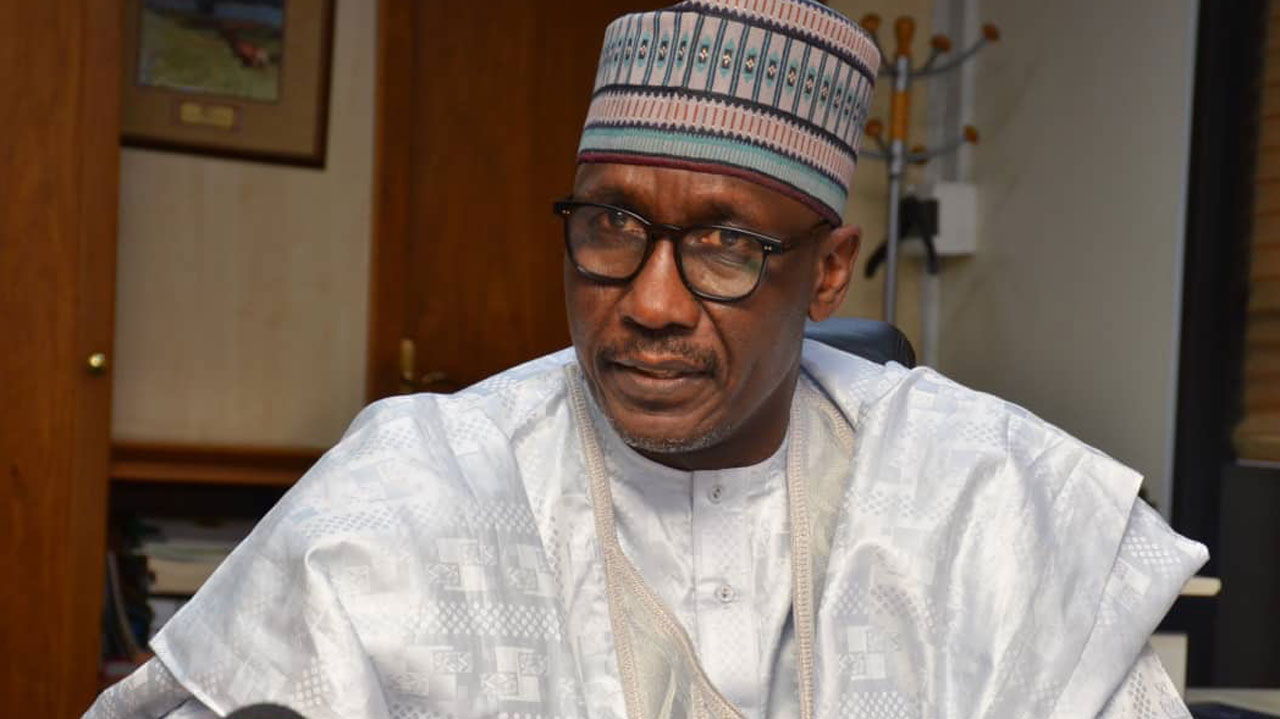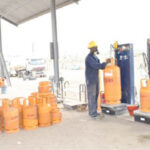About five days after Nigeria LNG Limited (NLNG) declared a force majeure or a major halt in gas production, consumers are lamenting a fresh hike in cooking gas prices in Abuja and its environs.
Mrs Onyeka Odoh, a resident of Bwari town in Abuja said she bought a 12.5 kilogram content of Liquefied Petroleum Gas (LPG) otherwise called cooking gas for N10,500, rising by N700 in just one week.
- ISWAP storms B/Haram enclave, kills 6, seizes weapons
- Alive & Thrive launches maternal, nutrition programmes in 7 states
At the Lugbe axis, Joseph Okoh, a resident, said the price of cooking gas has risen by N500 in most cases since early this week.
At the Mararaba town of Nasarawa State, survey checks showed that a 12.5kg content has risen from N9,400 last week to N10,000 since Wednesday.
“I bought it at that rate on Friday too and that is about N600 higher than the previous price,” noted Mary Edeh, a Mararaba resident.
According to a retailer of bulk gas, there were higher logistics costs with the last batch of LPG delivered to him last week and so, they had to factor that into the retail price.
“The flood is bad because trucks cannot access the East-West road linking Rivers State and the South East to the North or West. Bayelsa has been flooded and the Imo axis too is tough. I believe that is what has affected our bulk purchase cost,” noted Bako.
He also said the price could further rise with the pronouncement made by NLNG because scores of small retailers depend on large-scale suppliers from NLNG to deliver gas.
According to the Nigerian Upstream Petroleum Regulatory Commission (NUPRC), earlier this year, about 55 per cent of the LPG used in Nigeria is imported. However, NLNG shares a large chunk of the 45% market space as its management agreed to start delivering all 100% production of LPG to the market in January.
Our reporter also learnt that some gas pipelines operated by NNPC and its partners have been shut down due to the flood and some of these lines supply gas condensates to NLNG for processing before being off-taken by suppliers.
“With NLNG scaling down its operations, Nigerians are at the mercy of imported LPG, which definitely will increase the retail price and consumption cost for now. But the good news is that the flood is beginning to recede and the situation may be tamed in less than a month,” noted Hassan Abdulrahman, an energy specialist.
Andy Odeh, General Manager, External Relations and Sustainable Development at Nigeria LNG Limited, explained that the force majeure was due to the inability of suppliers to access routes around the flooded axis in the Niger Delta.
He noted the company has continued to run its operations, especially for domestic gas supply in skeletal mode adding that as the situation improves and with reports from suppliers, NLNG will increase its production.
Marketers warn against panic buying of cooking gas
The Nigerian Association of Liquefied Petroleum Gas Marketers (NALPGAM), at the weekend warned members of the public to refrain themselves from panic buying of Liquefied Petroleum Gas (LPG), also known as cooking gas.
President of NALPGAM, Mr. Oladapo Olatunbosun, said, “based on information reaching the association; NLNG has not shut down its production facility in Bonny as rumoured.”
He said the dedicated vessel for shipment of LPG from the NLNG Plant in Bonny, “Alfred Temile,” arrived in Lagos on Oct. 20 to discharge the product.
He said: “We should not give opportunity for further price hike due to speculated shortage of the product.
“We are already in hard times with the Russian/Ukraine war causing upset in the markets and the scarcity.”
Similarly, the General Manager, External Relations and Sustainable Development, NLNG, Mr Andy Odeh, in a statement said the flooding or force majeure declared had no impact on availability of LPG.

 Join Daily Trust WhatsApp Community For Quick Access To News and Happenings Around You.
Join Daily Trust WhatsApp Community For Quick Access To News and Happenings Around You.

